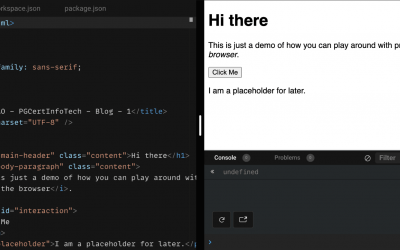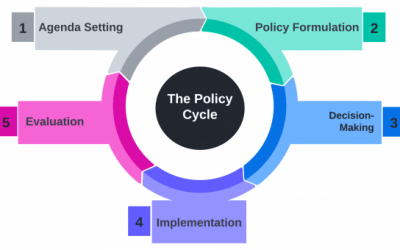Postgraduate Certificate in Information Technology (Online)
Learn the specialist skills to kick-start your IT career. Talk to an AdvisorApply NowPostgraduate Certificate in Information Technology (Online)
Learn the specialist skills to kick-start your IT career. Talk to an AdvisorApply NowEntry Requirements
and
A GPA/GPE of 4.0
Duration
Next Start Dates
2025
Semester 2:
21 July (Applications close 7 July)
Full Programme Fees*
Programme Brochure
Why is this programme right for you?
The Postgraduate Certificate in Information Technology (PGCertInfoTech) is a short, intensive, part-time programme that offers a supercharged route into the IT industry. Designed by the Auckland ICT Graduate School to meet the ongoing demand for industry ready IT graduates, this programme is specifically for those who have a bachelors degree in a non IT-related subject. Throughout this programme, you will gain fundamental skills in software development, web technologies and databases, arming you with the foundational skills for a career in IT. The PGCertInfoTech is unique in that it also provides an alternative pathway for entry into the Master of Information Technology for those who do not hold an IT-related qualification. If you have ever considered working in the IT sector, the PGCertInfoTech is the programme for you.
Programme Structure
The PGCertInfoTech is for those with a non-IT related bachelors degree who wish to kick-start their IT career. This programme builds on the existing critical thinking and communication skills you learned throughout your undergraduate degree. During this qualification, you will learn up-to-date knowledge of object-oriented programming and design, how to develop web-based applications, as well as client-side technologies such as HTML, CSS and Javascript in two practical and hands-on courses.
The PGCertInfoTech consists out of 2 courses that total 60 points. Each course runs for 12 weeks, allowing you to study one course at a time and
complete the programme in two semesters.
Course Code |
Course |
Description |
Points |
| COMPSCI 718 | Programming for Industry | An examination of object-oriented programming and design. Key principles of object-oriented programming: typing, encapsulation, inheritance, polymorphism and composition. Fundamental object-oriented modelling and design techniques. Students will develop application software of reasonable complexity that draws on object-oriented language features, and contemporary APIs, frameworks and tools. |
30
|
| COMPSCI 719 | Programming with Web Technologies | An examination of developing web-based applications. Client-side technologies: HTML, CSS and Javascript. Server-side technologies to support dynamic Web pages and data access. Fundamental relational database concepts and design techniques. Principles of Web-application design. HCI considerations and mobile clients. Students will build a Web-based application that dynamically generates content involving relational database access. |
30
|
Programme Structure
The PGCertInfoTech is for those with a non-IT related bachelors degree who wish to kick-start their IT career. This programme builds on the existing critical thinking and communication skills you learned throughout your undergraduate degree. During this qualification, you will learn up-to-date knowledge of object-oriented programming and design, how to develop web-based applications, as well as client-side technologies such as HTML, CSS and Javascript in two practical and hands-on courses.
The PGCertInfoTech consists out of 2 courses that total 60 points. Each course runs for 12 weeks, allowing you to study one course at a time and
complete the programme in two semesters.
COMPSCI 718 - Programming for Industry - 30 points
COMPSCI 719 - Programming with Web Technologies - 30 points
Course Benefits
As a graduate of the PGCertInfoTech, you will gain the following key skills and attributes:
- Advanced knowledge and understanding of IT.
- Ability to find and evaluate information critically.
- Articulately use modern information technology terminology.
- Proficient numeracy and computational literacy skills expected of a science graduate.
- Understanding of qualitative and quantitative materials and information.
- Personal and professional integrity, and respect for the ethics of research and scholarly activity.
- Ability to work independently, and also as part of a team.
Postgraduate Certificate in Information Technology – Enquire Now
Experimenting with programming in the browser
How to Learn the Basics of Programming? Getting started with programming can be a daunting prospect. Reading code can seem like you're reading a foreign language. Also, there are a huge amount of resources available online - but where do you start? Today we'll be...
Educational Leadership During Challenging Times
The pandemic has pushed us to make change, to transform our practice, to relate to each other in new ways and to think differently about what it means to learn and lead and how learning and leadership happens. As leaders under these conditions we can sometimes...
Perspectives in Public Policy – The Policy Cycle
What is Public Policy? According to Wilson (2009), public policy is what governments decide to do, or not do, and their explanations for the outcomes of those decisions in the real world. A recent example of this is the government's 2019 cash injection into the mental...




